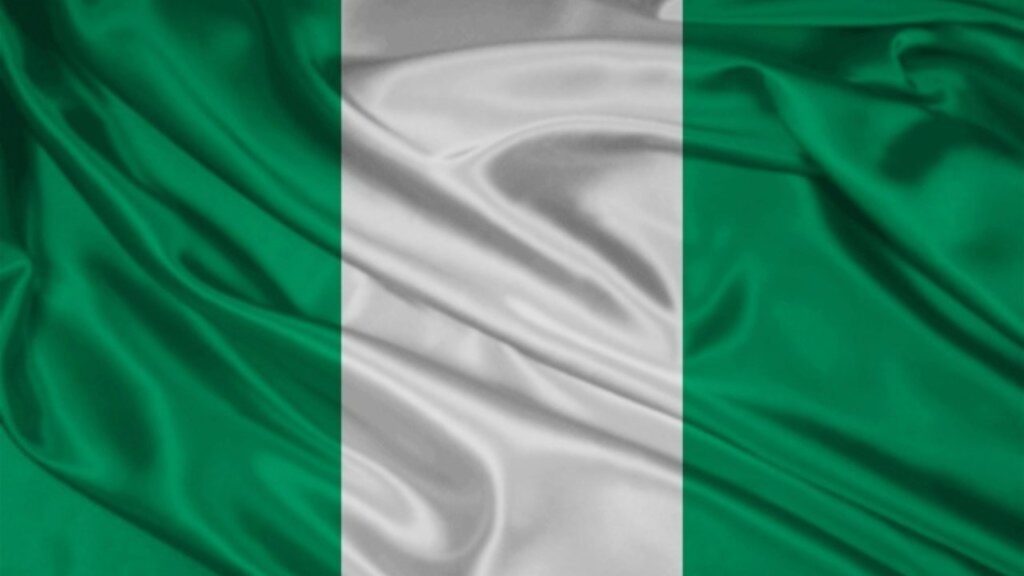This article brings to the fore the problem of two constitutions (the 1963 and the 1999 Constitutions) coexisting in Nigeria. It argues that the ongoing debate on the need for Nigeria’s restructuring may not be resolved until this problem is addressed. By using a historical approach and an analytical research methodology, the article lifts the discourse about restructuring above mere political expediency to the realm of law, which is the only instrument for restructuring. The authors forcefully argue that the 1979 and 1999 Nigerian constitutions are “military unconstitutional constitutions” that lack legitimacy and legal validity. It submits that the 1963 Constitution, which made Nigeria a republican state, was never repealed but was used by the military to govern and it is, therefore, intact, unencumbered and operatable in the country. This paper argues that it is only after reverting to the 1963 Constitution that an honest and sincere search for a valid foundation upon which a truly federal, democratic and just Nigerian society can be built.
Nigeria is a nation full of paradoxes. The celebration of its 60th anniversary on 1 October 2020 has come and gone. As planned by the rulers of the nation, the anniversary was “celebrated” in a lowkey fashion. That is understandable, given the current political and economic situation of the nation. But curiously, the presidency announced that the nation would celebrate “Nigeria at 60” for the next one year, that is, until October 2021.Nigeria ranks as the poverty capital of the world; the third nation with respect to world terrorism; and the third worst governed country in the world. Nigeria spends more of its annual budget on servicing its debt than on providing social and infrastructural services and many investors have relocated to its neighbouring states. People within and outside Nigeria consider Nigeria a “failing state”.8 Surely, these cannot be the achievements worth celebrating for one year by a country described as “a toddler at 60”.
Within the last decade, public debate on the need for Nigeria restructuring has increasingly made the headlines in the press. While
some argue that all that Nigeria needs is mere economic restructuring, others argue that the restructuring that Nigeria needs are political,
among others. Public Administration scholars, Ideobodo Nwafor Orizu et al confirm that:
Restructuring is a song on the lips of many Nigerians. It has trended for
decades and seems to be an intergenerational topical issue in Nigeria.
The persistent call for restructuring takes numerous dimensions, but
particularly outstanding is in the dimension of politics.
Several patriotic Nigerians, scholars, organisations and opinion moulders have joined in this debate. Recently, retired Roman Catholic
Archbishop Onaiyekan is credited with saying in an interview that, unless Nigeria is restructured, we run the risk of losing it as a nation.
Pastor Enoch Adeboye, the revered General Overseer of the Redeemed Christian Church, who is totally apolitical and respected throughout
the nation, is reported to have warned in a sermon on Sunday, 4 October 2020 that the country will collapse if it is not restructured. In his anniversary interview reported in the Nigerian Tribune on Thursday, 1 October 2020, the author of the 1999 Constitution as the head of state, General Abdulsalam Abubakar, said that unless we embrace discipline, the future of the country is bleak. He, however, noted the beneficial effect of federalism on interregional competitive development among the federating regions. Professor Attahiru Jega, the political scientist who is the former chairman of the Independent National Electoral Commission, is reported to have told the Nigerian Tribune that, for countries that are diverse in complex and intricate ethnoreligious mosaics, such as Nigeria, federalism is the only game in town.
From the above, there is a widely held view that Nigeria’s restructuring is not only indispensable but imminent. However, where the vacuum appears to lie concerns what is to be restructured and how the process of restructuring is to commence. It is these gaps that this contribution seeks to fill. This article, thus, lifts the discourse above mere political expediency to the realm of law—which is the only instrument for restructuring. To achieve its objectives, after the introduction, the article will provide a little background history of Nigeria to enable the reader to appreciate the essence of this discussion. Thereafter, the article engages with the legal framework for restructuring Nigeria, arguing that there is an extant problem of two constitutions (i.e. the 1963 and 1999 Constitutions) coexisting in Nigeria. The authors submit that the ongoing debate on the need for Nigeria’s restructuring cannot arise until the problem of the coexisting constitutions is resolved. They further argue that the history and peculiarity of a people should determine the type of constitution they should have for their governance. In this article, the authors submit that the 1979 and 1999 Constitutions are illegitimate and they strongly recommend that these constitutions be discarded and that the 1963 Constitution, which best represents Nigeria’s peculiarity, be reactivated or becomes a template for a new constitution.
Want to continue reading?. Click here to download full article.


